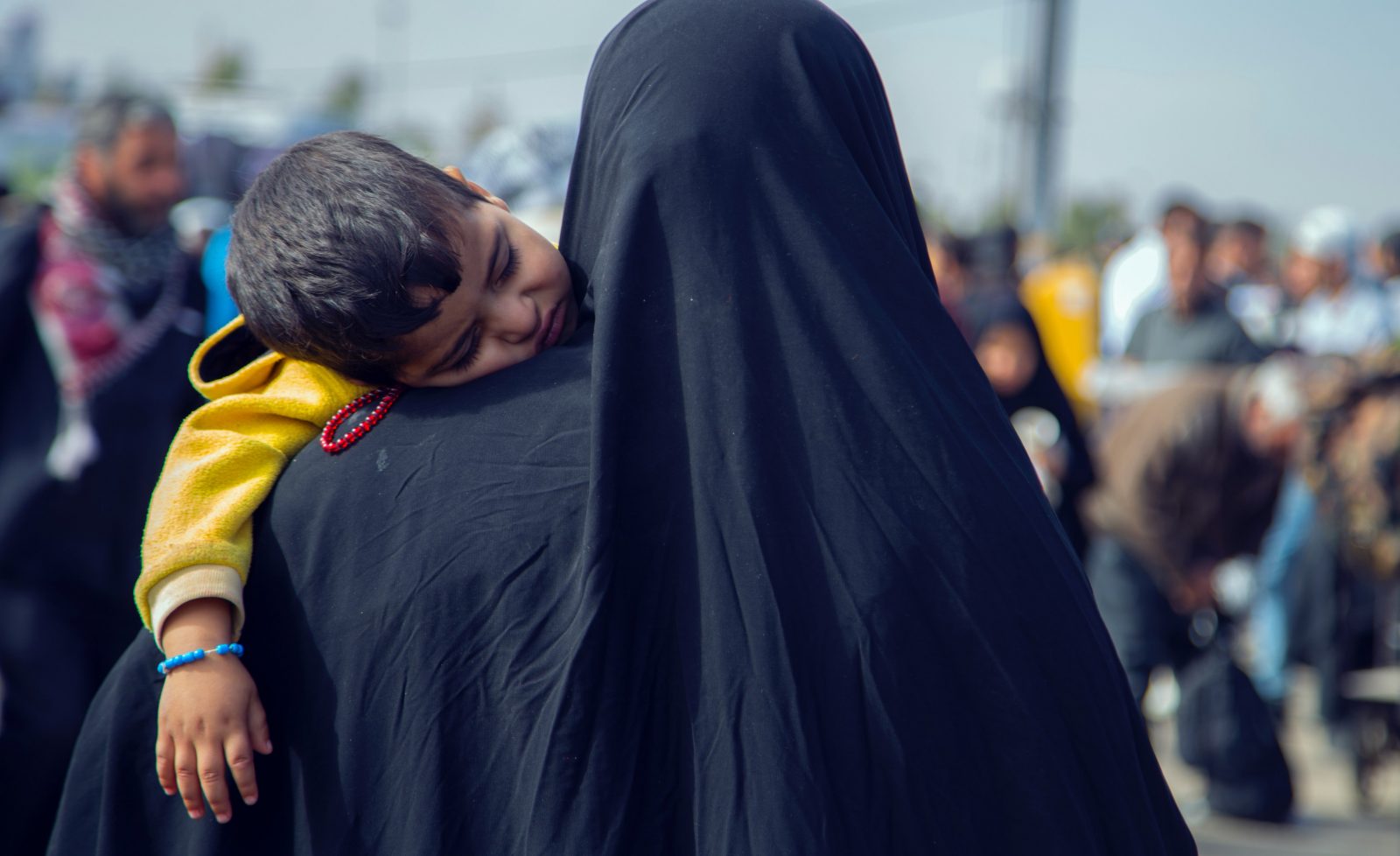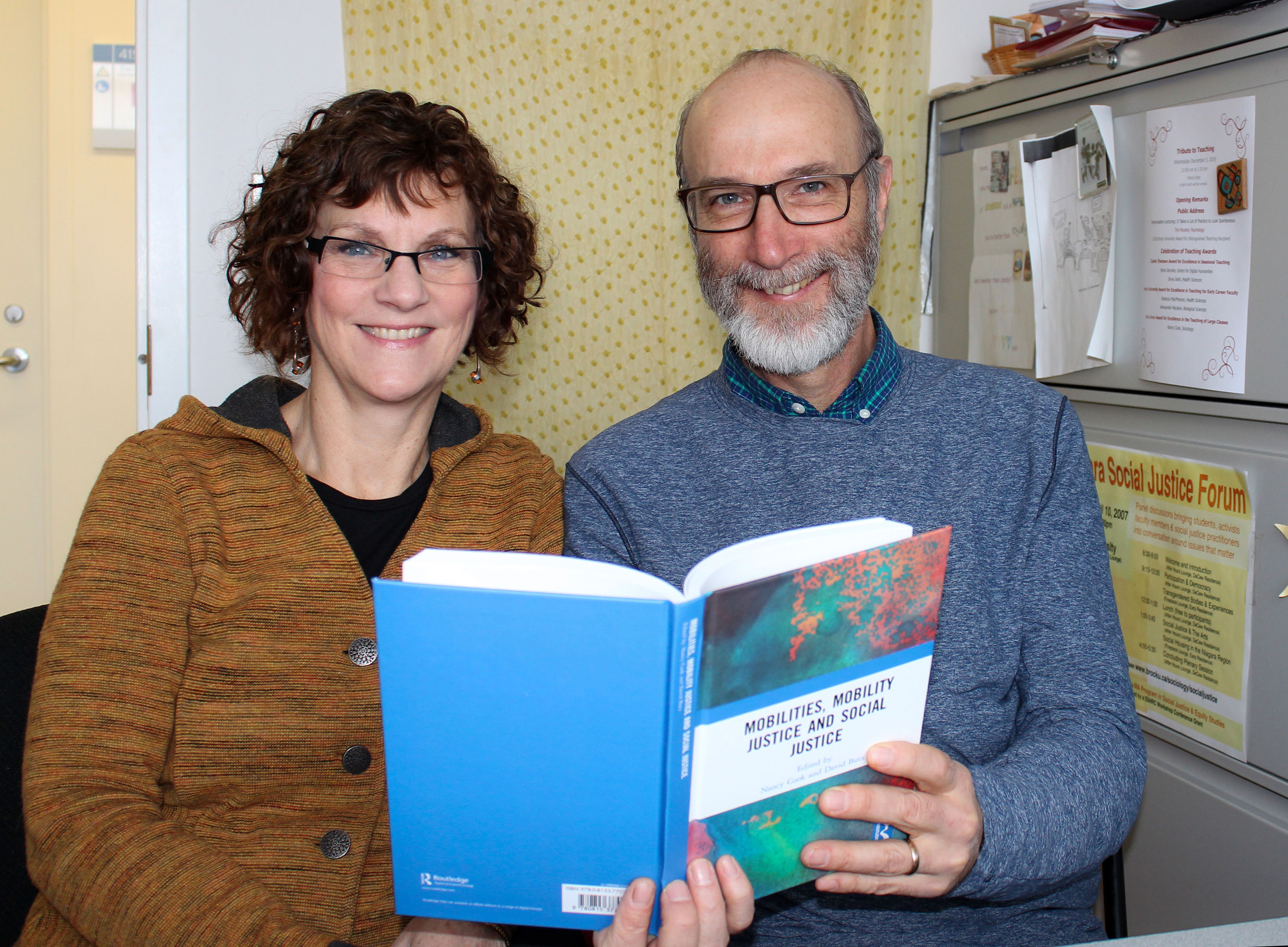Researchers from across Brock University will share insights on migration, immigration, movement and the mobility of people, things and ideas at a virtual public event next week.
Hosted by the Faculty of Social Sciences and the Social Justice Research Institute (SJRI), the Movement and Mobility Symposium will feature six presentations from faculty, staff and student researchers in Geography and Tourism Studies, English Language and Literature, Education and Sociology at Brock.
Presentations include:
- “Education is my only carriage — it was not an easy road” by PhD student Denese Brown-Bell (MEd ’18)
- “Road infrastructure, mobility and gendered subjectivities in Shimshal, Pakistan” by Professor Nancy Cook and Professor David Butz
- “Contradictory mobility: child self-protection and automobiles in interwar Toronto’s Globe” by Professor Phillip Gordon Mackintosh
- “Reflections on mobility and the 2021 photos of the Mounted U.S. Border Patrol” by Associate Professor Gale Coskan-Johnson
- “Developing decolonial aesthetics with migrant domestic worker creative communities” by Assistant Professor Julie Ham
- “Displacement and belonging in Canada: reconciliation through research, knowledge translation and the arts” by Faculty of Education Research Officer Snežana Obradović-Ratković, Professor Kari-Lynn Winters and Assistant Professor Catherine Longboat, with Associate Professor Spy Dénommé-Welch of Western University
Associate Professor and Interim SJRI Director Tamara El-Hoss says the event is inspired by the current political climate.
“Issues of mobility, displacement and migration are at the forefront of populous movements on all sides of the political spectrum,” says El-Hoss. “I look forward to hearing a diverse range of perspectives on these urgent and necessary questions from the presenters at the symposium.”
The free public event is the latest in the Social Sciences Symposium Series, which aims to showcase the variety of work being conducted by faculty and student researchers across Brock’s Faculties to uncover an array of perspectives and foster potential synergies and collaborations. It is also the second symposium to be co-hosted by SJRI.
Dean Ingrid Makus of the Faculty of Social Sciences expressed delight at partnering with SJRI for another event after the success of last year’s Social Justice and Community Collaboration symposium.
“Our Symposium Series is designed to give the wider community a glimpse of the breadth of research and insight being carried out by Brock’s researchers on many of our society’s most pressing issues,” says Makus. “We are thrilled to partner with the SJRI once again to stage an event that promises to be engaging and enriching for all who attend.”
Movement and Mobility: A Virtual Symposium will be livestreamed on Lifesize Wednesday, Oct. 26 from 10 a.m to 1 p.m. Everyone is welcome to attend, but advance registration is required.
STORY REPOSTED FROM THE BROCK NEWS















